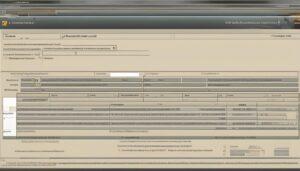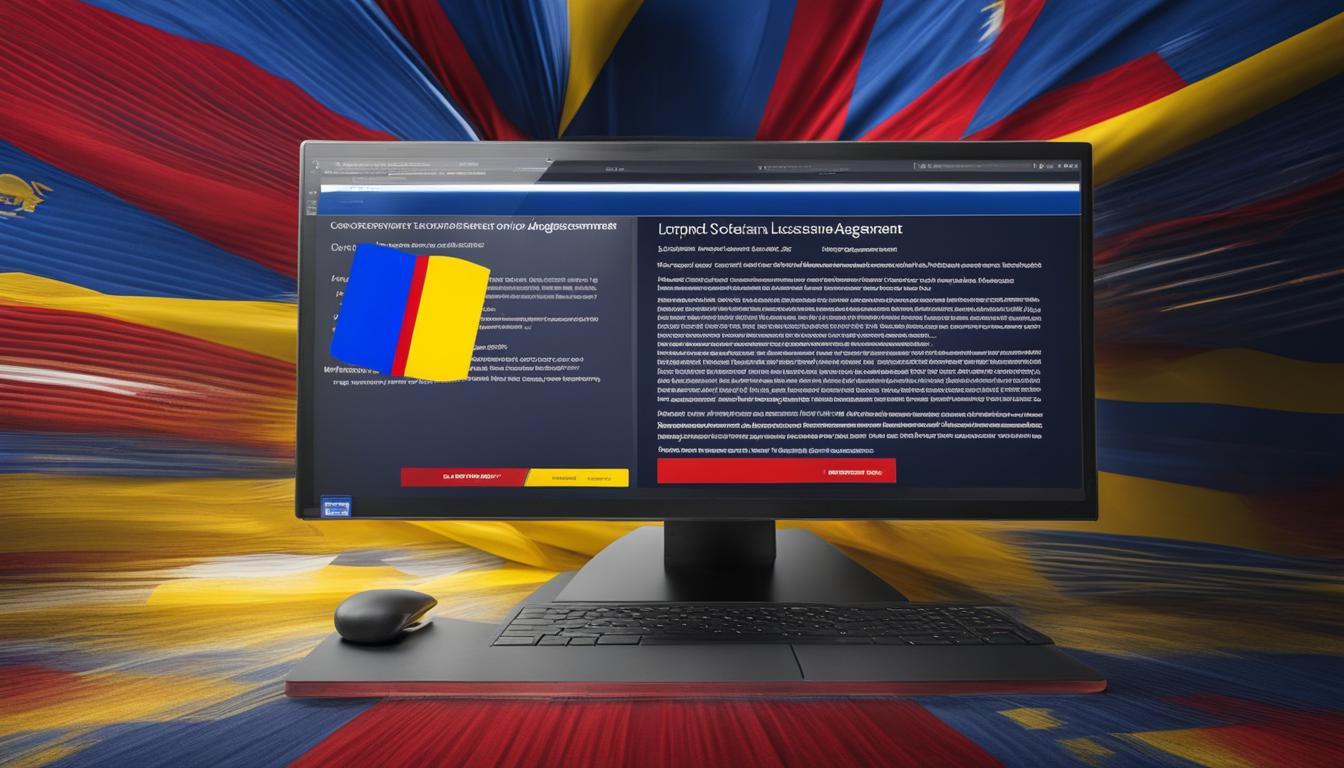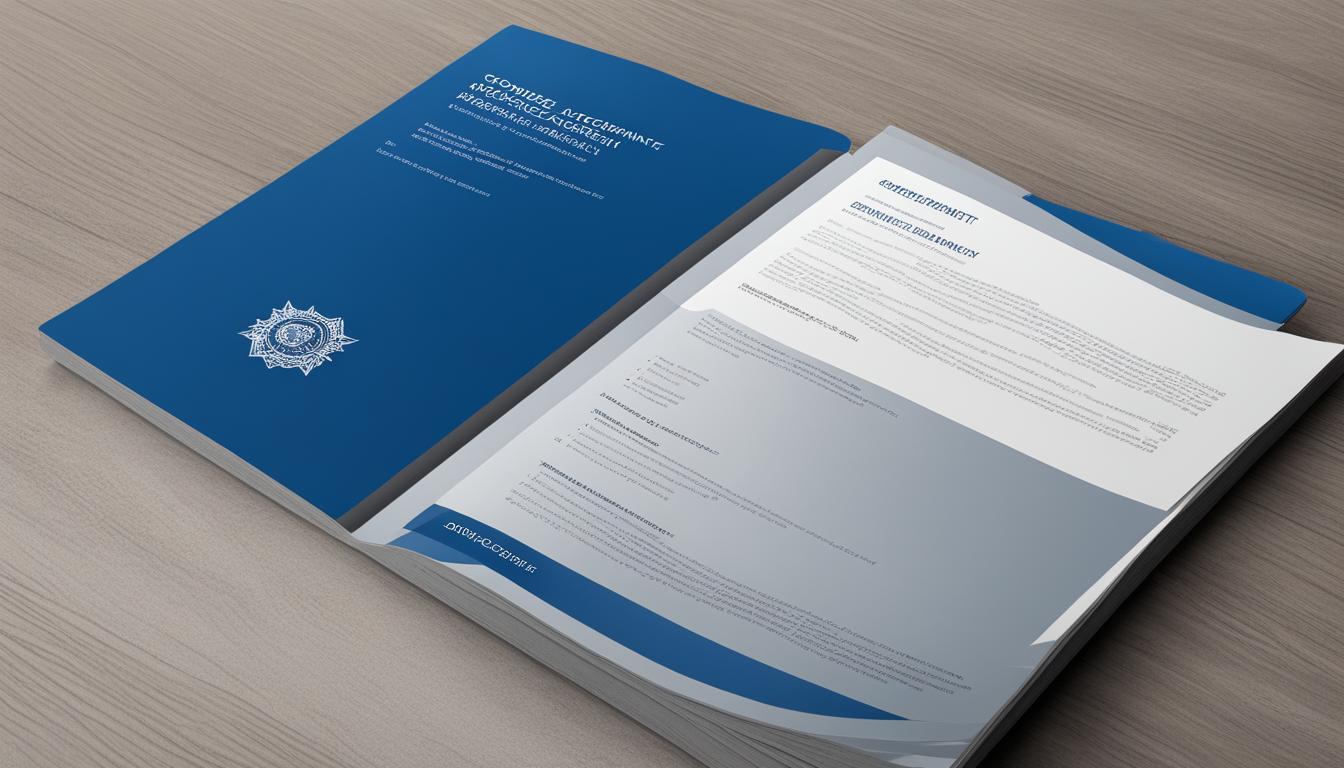Contractual Obligations for Software Licensing in Romania
Contractual Obligations for Software Licensing in Romania
In Romania, understanding and fulfilling the contractual obligations for software licensing is essential for businesses operating in the country.
Software licensing agreements in Romania are governed by legal requirements that must be adhered to, ensuring compliance and protecting the rights of both parties involved.
When entering into a software licensing agreement in Romania, it is crucial to familiarize yourself with the specific contractual terms that apply.
These terms outline the rights and responsibilities of both the licensor and the licensee, governing aspects such as usage, payment, and intellectual property rights.
Complying with the legal requirements for software licensing in Romania is vital to avoid legal issues and potential disputes. By understanding and fulfilling these obligations, you can ensure a smooth licensing process and protect your business interests.
Whether you are a software provider or a licensee, seeking the assistance of a knowledgeable legal professional is highly recommended.
An experienced Romanian lawyer can guide you through the complexities of software licensing agreements and help you navigate the legal landscape.
By understanding the contractual obligations, adhering to the legal requirements, and seeking professional advice, you can create a solid foundation for successful software licensing agreements in Romania.
State of Play: Licensing Procedures and Business Environment in Romania
In Romania, the licensing procedures for software can be complex and lacking in standardization, which can lead to delays and increased costs for businesses.
It is crucial for software providers to understand the legal requirements and comply with the software licensing laws in Romania, including software copyright.
The country has implemented a single industrial licensing (SIL) procedure, which aims to classify industrial and manufacturing activities based on their inherent risks.
This approach streamlines the approval process and provides clarity for businesses.
However, software providers need to navigate through the licensing procedures to ensure compliance with the law.
To comply with software licensing laws in Romania, software providers must understand the requirements for a software license agreement in Romania and the importance of protecting software copyright.
Adhering to these legal obligations is essential to operate within the framework of the Romanian business environment.
Table: Overview of Software Licensing Laws in Romania
| Aspect | Summary |
|---|---|
| Software License Agreement | Software providers must have a valid license agreement in place with their customers in order to legally distribute their software in Romania. |
| Software Copyright | Software copyright protection is crucial for software providers, as it grants exclusive rights to reproduce, distribute, and modify their software. |
| Compliance with Licensing Laws | Software providers must comply with the licensing laws in Romania, which may include registration requirements, reporting obligations, and payment of licensing fees. |
By understanding and adhering to the software licensing laws in Romania, software providers can ensure compliance, protect their intellectual property rights, and operate within the legal framework of the country’s business environment.
Best Practices for Simplifying Licensing Procedures

When it comes to software licensing in Romania, it is essential to implement best practices to simplify the licensing procedures.
By adopting these practices, you can streamline the process and ensure compliance with the legal requirements.
Here are some key areas to focus on:
Standardized Terms and Conditions
One of the most effective ways to simplify licensing procedures is by implementing standardized terms and conditions for software licensing in Romania.
This helps to establish clear guidelines and expectations for both software providers and users.
By having a standardized template that covers important aspects like usage rights, payment terms, and intellectual property rights, you can reduce the time and effort required for negotiations and contract drafting.
Compliance with Contract Law
Adhering to contract law is crucial when it comes to software licensing in Romania.
It is important to ensure that the licensing agreements are legally binding and enforceable.
By consulting with legal experts who specialize in contract law for software licensing, you can avoid potential disputes or legal challenges down the line.
They can help you draft comprehensive agreements that protect your interests and comply with the applicable laws and regulations.
Simplified Licensing Regulations
Another key aspect of simplifying licensing procedures is to advocate for simplified licensing regulations in Romania.
This involves identifying and eliminating unnecessary complexities and excessive bureaucracy that can hinder the licensing process.
By working closely with relevant government agencies and industry associations, you can contribute to the development of streamlined regulations that promote efficiency and clarity.
| Key Recommendations | Benefits |
|---|---|
| Implement standardized terms and conditions | Reduces negotiation time and effort |
| Consult with legal experts | Ensures compliance and reduces legal risks |
| Advocate for simplified regulations | Promotes efficiency and clarity |
By implementing these best practices, you can simplify the software licensing procedures in Romania and create a more efficient and compliant environment for software providers and users alike.
Digitalization of Public Services in Romania
The digitalization of public services in Romania has significantly transformed various sectors, including software licensing.
With the development of an Electronic Single Point of Contact and the implementation of digital platforms for businesses, the efficiency and accessibility of licensing processes have greatly improved.
As a software provider, it is crucial to stay informed about the software licensing legal framework in Romania and ensure compliance with the country’s software licensing laws.
Compliance with software licensing laws in Romania is essential for software providers to avoid legal risks and penalties.
By staying updated on the legal requirements and best practices, businesses can effectively navigate the complexities of the licensing process and operate within the boundaries of the law.
This includes following the software licensing legal framework in Romania, understanding the compliance obligations, and implementing necessary measures to ensure software license compliance.
Software License Compliance in Romania
Ensuring software license compliance in Romania requires a thorough understanding of the licensing regulations and adherence to the legal framework.
Software providers should establish internal processes and systems to monitor and track the usage of licensed software.
This includes maintaining accurate records of licenses, regularly reviewing and updating licensing agreements, and implementing effective measures to prevent unauthorized use or distribution of software.
Adopting software licensing best practices in Romania is crucial for maintaining compliance and upholding the integrity of the licensing process.
This involves implementing standardized terms and conditions for software licensing, clearly defining rights and obligations, and keeping abreast of any changes in the legal requirements.
By adhering to best practices, software providers can streamline their licensing procedures, mitigate legal risks, and foster a favorable software licensing environment in Romania.
| Software Licensing Best Practices in Romania |
|---|
| Implement standardized terms and conditions |
| Clearly define rights and obligations |
| Monitor and track licensed software usage |
| Keep accurate records of licenses |
| Regularly review and update licensing agreements |
| Prevent unauthorized use or distribution of software |
Conclusions and Recommendations
Complying with software license obligations and staying up to date with Romania’s software licensing laws is crucial for software providers operating in the country.
Failure to comply with these legal requirements can lead to significant penalties and legal disputes.
Therefore, it is highly recommended that software providers seek the expertise of a Romanian lawyer to ensure full compliance and navigate the complexities of the licensing process.
Contractual Obligations for Software Licensing
Here are some of the most common questions related to contractual obligations for software licensing:
1. What is a software license agreement?
A software license agreement is a legal contract between a software developer or vendor and the end-user that outlines the terms and conditions for the use of the software. It grants the end-user the license to use the software under certain license terms and usually includes provisions related to intellectual property rights.
2. What are the key components of a software licensing agreement?
A software licensing agreement typically includes details about the type of software being licensed, the license terms, the use of the software, rights and obligations of both parties, and any limitations of liability.
3. What are the obligations of the parties when entering into a software license agreement?
When entering into a software license agreement, both the software developer and the end-user have certain obligations. The developer must grant the end-user the rights to the software as specified in the agreement, while the end-user must comply with the use of the software as outlined in the license terms.
4. What legal issues should be considered in a software licensing agreement?
Legal issues that should be considered in a software licensing agreement include intellectual property rights, breach of contract provisions, modification of the software, and any limitation of liability clauses to protect both parties in case of a dispute.



